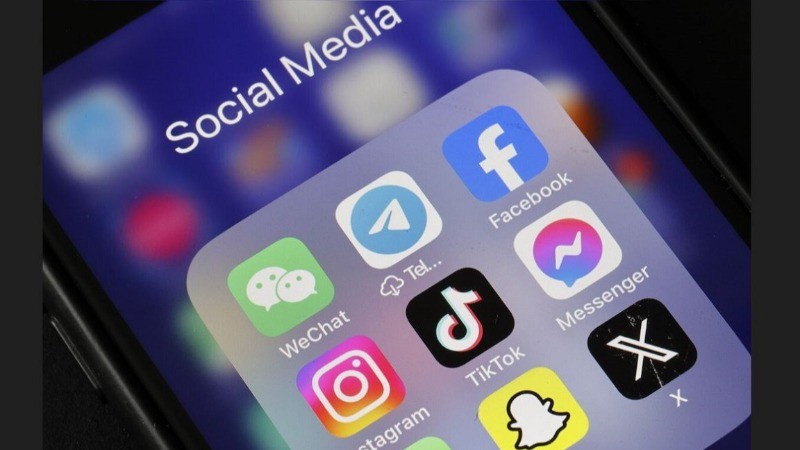
Australia’s Prime Minister, Anthony Albanese, announced that social media companies will soon be required to delete any personal data used to verify users' ages. This move is part of a proposed national ban on social media usage for children under 16. The Australian government, seeking to lead global efforts in protecting children online, plans to pass this legislation by the end of the year.
Details of the Social Media Ban
The upcoming legislation will prohibit users under 16 from accessing social media platforms, imposing strict responsibilities on tech companies. These companies will need to demonstrate they are actively preventing underage access, with no exceptions for parental consent or existing accounts. Only educational platforms like YouTube Kids will be exempt. Australia’s eSafety Commissioner will enforce the rules, although the specifics of enforcement remain unclear.
Privacy Concerns Over Verification Methods
To enforce this ban, Australia might require age verification through government-issued identification. This measure, while accurate, raises significant privacy concerns as it involves submitting sensitive personal data to social media platforms. Alternatively, biometric methods like facial recognition are being considered. This approach could provide a privacy advantage if platforms use age estimation methods and promptly delete data after verification. However, challenges remain, especially regarding privacy risks and the potential impact on free speech.
Debate Over the Ban’s Impact on Youth
Critics argue that a total social media ban will deny young people the positive aspects of online interaction, such as connecting with peers, accessing support networks, and participating in community-building activities. The American Psychological Association has highlighted that social media can offer benefits, including social interaction and support for marginalized groups. One Australian teenager noted that social media is her primary way to communicate with overseas family members, emphasizing the personal impact of the proposed ban.
Alternative Solutions for Online Safety
Some experts suggest a less restrictive approach, allowing children and parents more control over online activities. This could involve a "child flag" system on devices, signaling age restrictions to platforms without requiring ID verification. Such a system would integrate with existing parental controls, providing an opt-in approach based on family values and children's maturity.
By avoiding invasive identity checks, this method could address privacy concerns while still safeguarding children. Additionally, it would reduce the logistical burden on platforms, which currently face a daunting task of enforcing age restrictions across numerous apps.
Challenges of a Complete Ban
Critics fear that a comprehensive ban could push Australia backward, limiting digital communication and engagement opportunities for young people. There are worries that enforcing such a wide-ranging policy could create complexities and unintended consequences, especially with dozens of apps potentially impacted. By focusing on more flexible and less invasive measures, experts believe the same safety goals can be achieved without resorting to a blanket ban.
Prime Minister Albanese emphasized that privacy would be a priority, with strict requirements to protect personal information and a mandate to destroy it after verification. Platforms that fail to comply could face fines of up to $32 million. Major platforms like Instagram, Facebook, TikTok, X, and Snapchat are expected to be affected by the new rules.
The government aims to fast-track this legislation through parliament, with plans to implement it by the end of the parliamentary year.